Physical Address
60 Ekwema Cres, Layout 460281, Imo
Physical Address
60 Ekwema Cres, Layout 460281, Imo

Education in Nigeria has rapidly embraced online learning. Many Nigerian tutors and institutions now offer courses and tutoring through internet platforms, opening up new opportunities for both students and educators. These online teaching platforms range from global MOOCs (like Coursera) to local tutoring marketplaces.
They cover everything from academic subjects to vocational skills.
As we go through this post, we will address some common questions about online teaching in Nigeria and then list the 15 Best Online Teaching Platforms in Nigeria.
There is no single “best” platform for every situation. For live classes (tutoring one-on-one or in groups), tools like Zoom, Google Meet, or Microsoft Teams are often used because they are reliable and widely available. Schools sometimes use Google Classroom for organizing lessons and assignments.
For pre-recorded or structured courses, platforms like Udemy or Coursera are popular globally, allowing teachers to create and sell courses. Within Nigeria, local platforms such as PrepClass or Tutor.ng cater specifically to Nigerian students.
In general, experts say Zoom is excellent for live interactive teaching (due to breakout rooms and whiteboards) while content marketplaces (Udemy, Khan Academy) are best for broad, self-paced courses. Your choice of platform depends on your teaching style, subject, and whether you need features like grading or certificates.
If by “how much” we mean earnings, Nigerian tutors can charge a wide range. Data from a leading salary site suggests the average hourly pay for a private tutor in Nigeria is around ₦3,000 per hour (about $7-8 USD). Of course, rates depend on the tutor’s qualifications, subject, and reputation.
For example, someone teaching specialized skills (like computer science or exam preparation) may charge more, while basic subjects (like primary math) might be less.
On platforms like PrepClass, tutors often set their own prices, so you might see rates from ₦2,000 up to ₦10,000 per hour. The average of ~₦3,000/hour is a useful benchmark for most tutors.
Becoming an online tutor typically involves a few steps: First, ensure you have expertise in the subject you want to teach and a decent internet connection. Then register on a tutoring platform. Many platforms, such as PrepClass and Educere, allow tutors to create profiles.
These sites may require you to submit your CV or qualifications for approval. Once approved, you can list your subject specialties, hourly rate, and availability. Good communication skills and positive student reviews will help you stand out.
Some platforms handle scheduling and payment, making it easier. Others (like Udemy or Coursera) allow you to build complete courses – in that case you’d typically create video lectures and sell them. Regardless of the platform, success usually comes from demonstrating expertise and reliability to students.
Below are 15 notable platforms (both global and Nigeria-focused) that support online teaching and learning for Nigerian users:
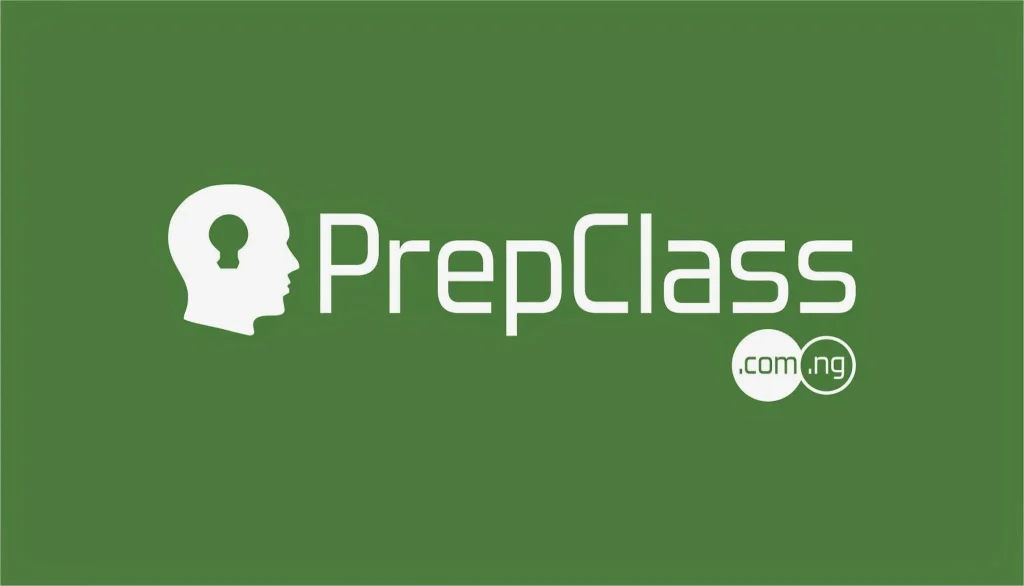
PrepClass is one of the Best Online Teaching Platforms in Nigeria for one‑on‑one and small‑group academic tutoring.
A popular Nigerian edtech platform that connects students with private tutors. Tutors can register to teach subjects ranging from primary school to university level. The site handles scheduling and payments, taking a commission.
PrepClass covers academic subjects, test prep, and even music or sports tutoring. As an online tutor, you sign up, list your credentials, and can get matched with students of all ages.
Key Features:
Read also: Latest Update on How to Apply for JAMB Direct Entry in 2025
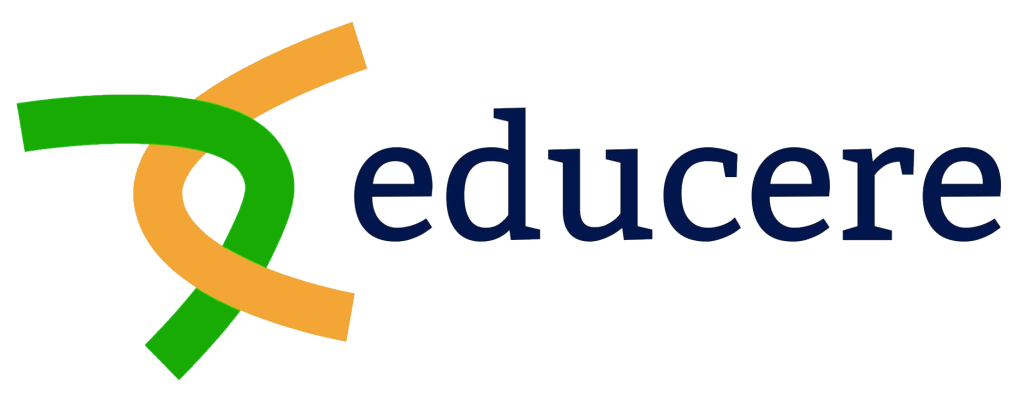
Educere is a community‑driven tutoring network that ranks among the Best Online Teaching Platforms in Nigeria for professional and academic coaching. Like PrepClass, Educere connects students with tutors across a wide subject range.
The platform emphasizes “professional, competent online tutors” and allows tutors to offer lessons to all ages. Educere vets tutors before listing them, which can give parents confidence. It offers both one-on-one tutoring and small group classes via web lessons.
Key Features:
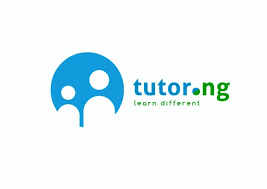
Tutor.ng is one of the top Online Teaching Platforms in Nigeria connecting independent tutors with learners nationwide. Tutors create profiles and students can book sessions on any subject (including niche skills like musical instruments or programming).
Tutor.ng has no commission on payments; it simply connects tutors and learners. It’s widely used among Nigerian parents for after-school tutoring.
Key Features:

Pass.ng is a specialized Online Teaching Platform in Nigeria focused on Nigerian exam preparation (WAEC, JAMB, NECO, etc.). Tutors and subject experts contribute practice questions and quizzes. It’s more self-study oriented, but also offers mentoring. Nigerian students use Pass.ng to review curricula and practice past questions.
Key Features:
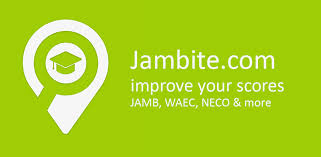
Jambite (also known as Nemio) specializes in UTME (JAMB) preparation, making it one of the go‑to Online Teaching Platforms in Nigeria for exam candidates. They offer lectures, quizzes, and one-on-one coaching for students preparing for the national university entrance exam (JAMB UTME).
Tutors on these platforms specialize in JAMB subjects. They’ve grown by word of mouth among JAMB candidates.
Key Features:
Also Read: 2025 JAMB Exam Slip Online: How to Print and Reprint

Udemy is a global marketplace and one of the Best Online Teaching Platforms in Nigeria for skill‑based, self‑paced courses. While not Nigeria-specific, many Nigerians use Udemy to learn or teach skills. Instructors can create video courses on anything from programming to photography and sell them internationally.
Udemy often runs sales, so courses are affordable. It’s accessible to Nigerians, and Nigerian educators occasionally publish courses on it (earning in dollars).
Key Features:

Coursera partners with top universities to deliver structured programs, making it one of the elite Online Teaching Platforms in Nigeria for academic and professional credentials. For teaching, Coursera usually involves partnering with an institution. Nigerian learners can take Coursera courses (some free).
In terms of teaching, universities or educators may co-create courses for Coursera.
Key Features:
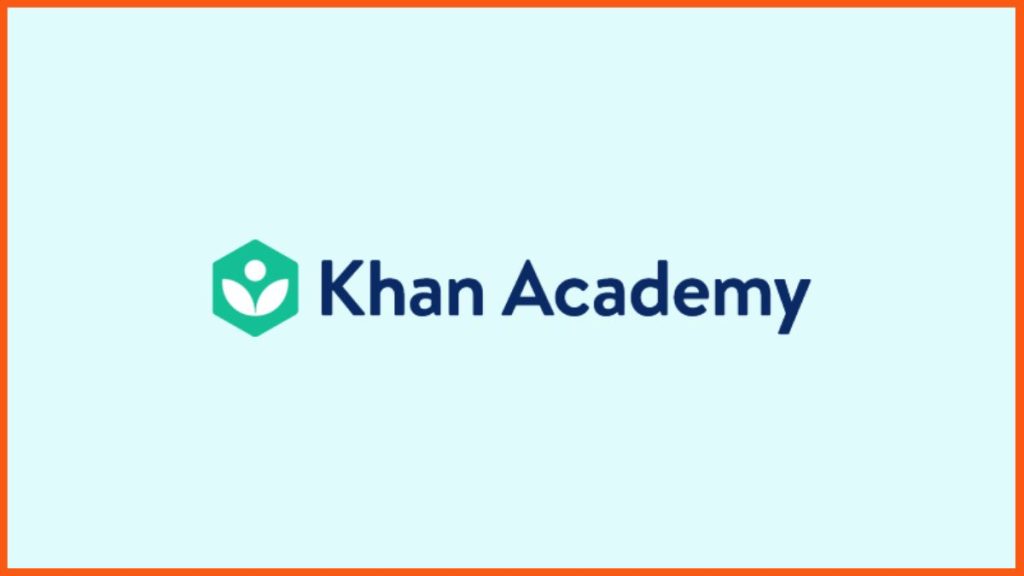
Khan Academy is a free, nonprofit Online Teaching Platform in Nigeria with short videos on math, science, economics, etc, renowned for K–12 content and select college material. Many Nigerian students supplement their learning with Khan Academy.
Educators use it to find tutorial videos for their students. It’s not a “marketplace” for tutors, but as a platform, it provides quality content taught by Salman Khan. Many Nigerian teachers integrate Khan Academy links into their online lessons.
Key Features:

LinkedIn Learning (formerly Lynda.com) is a subscription‑based Best Online Teaching Platforms in Nigeria for professional development courses. It is an online learning library of video courses on professional skills (business, tech, creative). It is global and subscription-based.
While it’s not Nigeria-specific, Nigerian professionals and educators use it for skill-building. If you are an instructor, becoming a LinkedIn Learning author is invitation-only, but its content is relevant.
Key Features:

Google Classroom is a free, versatile Online Teaching Platform in Nigeria used by schools and private tutors alike. It’s more of an LMS than a tutoring platform, but it’s widely used in Nigeria (especially international schools).
Teachers can post assignments, share resources, and conduct discussions. It integrates with Google Meet for live sessions. It’s included here as a common platform for virtual teaching.
Key Features:

Zoom is the virtual‑classroom backbone for many Online Teaching Platforms in Nigeria, prized for its reliability in live lessons. Though technically a video-conferencing app, Zoom is ubiquitous in Nigerian online education. Teachers use Zoom to conduct live classes and webinars. It has features like breakout rooms and screen sharing.
Many online tutoring platforms will host classes on Zoom because of its reliability. In our list of “platforms,” Zoom is an essential tool underpinning many online lessons in Nigeria.
Key Features:
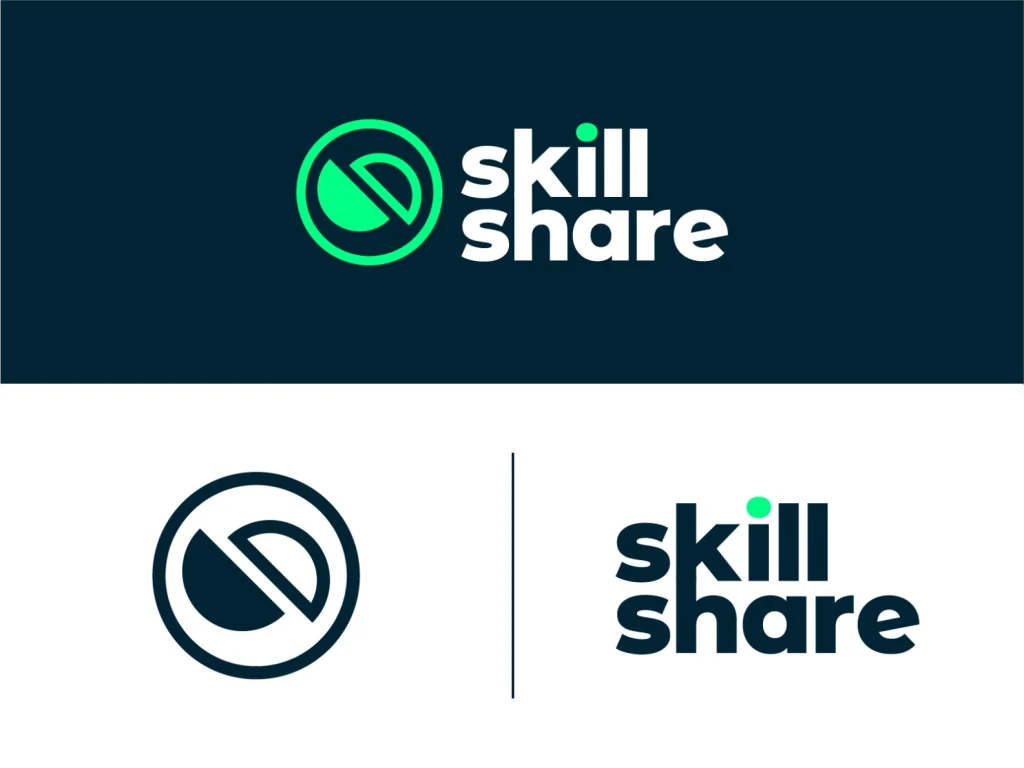
Skillshare is a creative‑focus Online Teaching Platform in Nigeria offering project‑based courses. The online learning community focused on creative skills (art, design, and writing). Teachers (called “mentors”) can upload classes.
It’s used by some Nigerians to learn photography, graphic design, etc. For instructors, it’s a US-based site but open to global creators. Skillshare shows how Nigerian creatives can teach their crafts online.
Key Features:

WizIQ is a cloud‑based LMS and virtual classroom solution, widely used by institutions and corporate trainers. It lets trainers and institutes create interactive online courses with live classes, whiteboards, and quizzes.
Some Nigerian universities and training centers use WizIQ or similar services to deliver online programs, especially professional development courses.
Key Features:
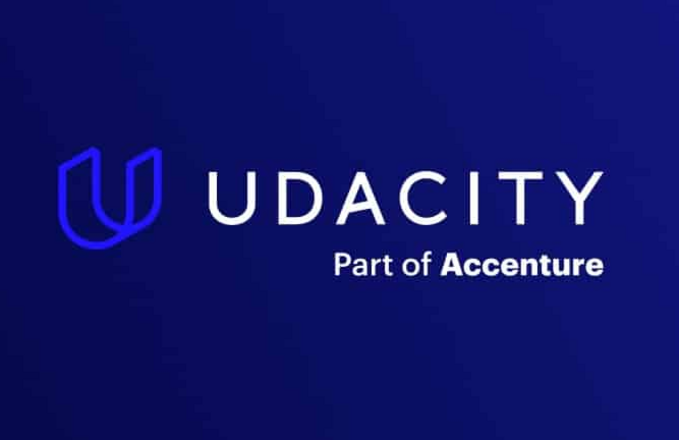
Udacity is known for its high‑impact “Nanodegree” tech programs (coding, data science) often in partnership with big companies, making it one of the Best Online Teaching Platforms in Nigeria for career changers.
Some Nigerians enroll in Udacity courses; it has mentors and projects. For those looking to teach advanced tech skills, Udacity is one example of a platform (though course creation is usually by invitation).
Key Features:
Explore the 10 Free Tech Training in Nigeria
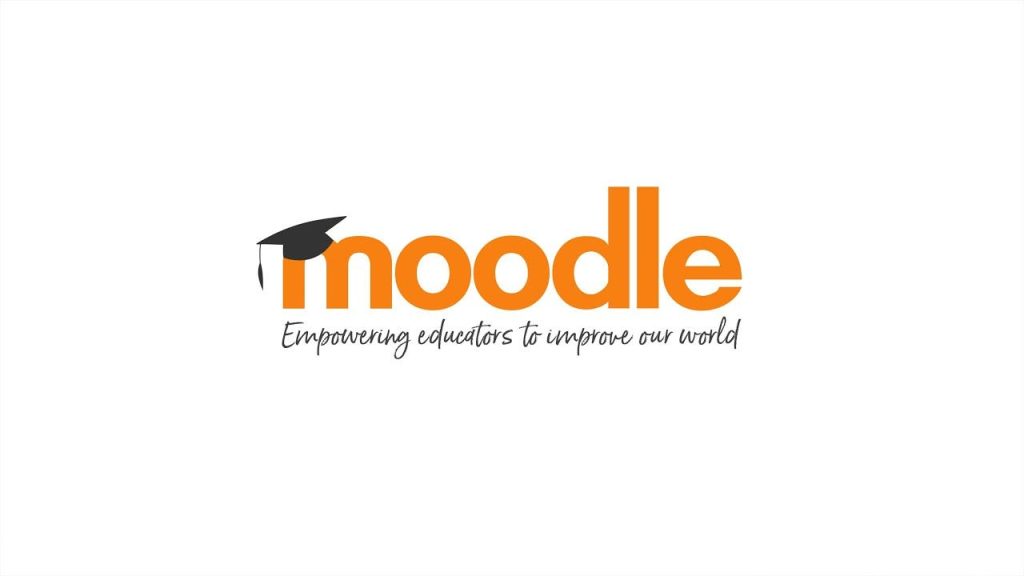
Many Nigerian universities, training institutes, and corporations have their e-learning sites built on Moodle‑Based E‑Learning Portals, one of the most customizable Online Teaching Platforms in Nigeria.
While not a public “platform,” this category covers the custom online classrooms that exist (e.g., NUC’s e-learning project, or banks’ training portals).
Inclusion is for completeness: if you’re teaching in an organization, you might use your institution’s portal to upload content.
Key Features:
You may need a degree in a specialist subject, depending on the level of course you plan to teach online
English, math, science, history, and foreign languages
Saudi Arabia and the United Arab Emirates (UAE)
Nigeria offers a mix of learning platforms: local tutor-matching sites, exam prep hubs, international course libraries, and conferencing tools.
To become an online tutor or find one, start by choosing a platform that matches your subject. With the internet, quality education is more accessible than ever, connecting Nigerian students with both local and international teaching resources.